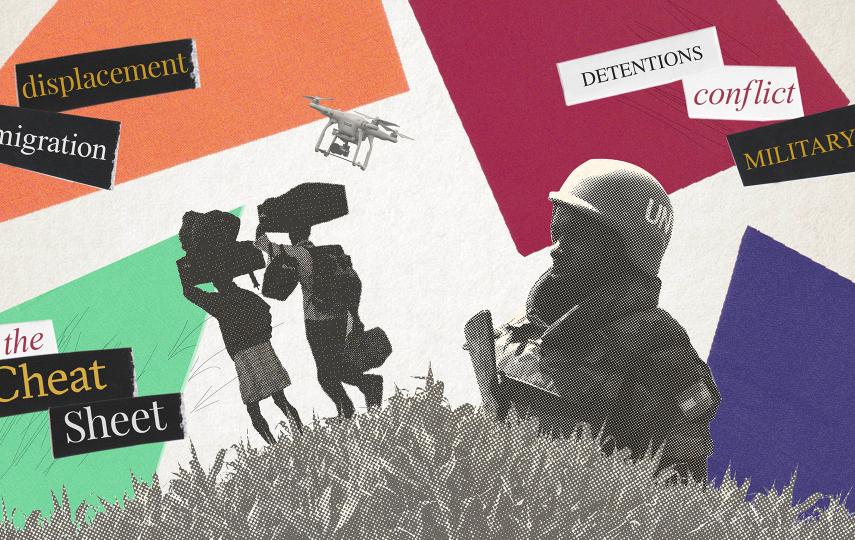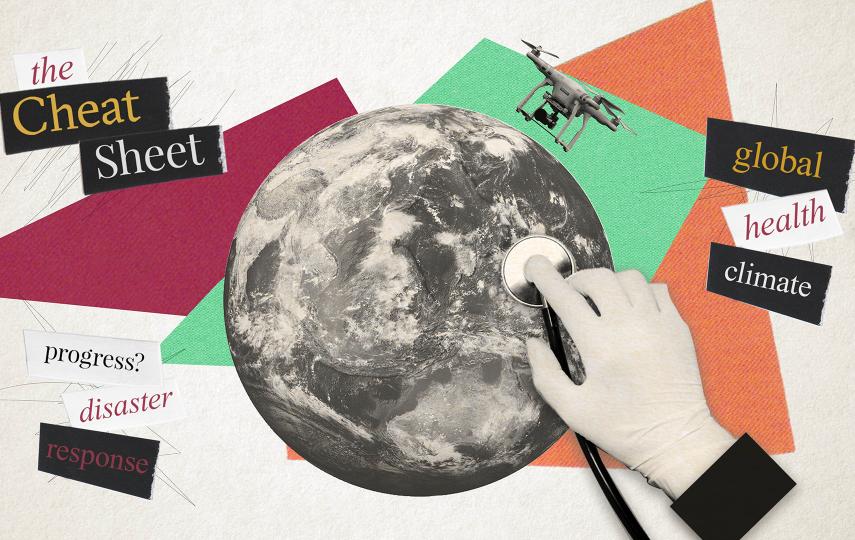Two deadly attacks by jihadist groups in Chad and Nigeria this week killed more than 140 soldiers, underlining the militants’ continued threat in the Lake Chad region, despite reports of factional fighting and leadership changes.
On Sunday night, the Nigerian jihadist group Boko Haram attacked a Chadian island base on Boma Peninsula, in Lac Province. After a seven-hour gun battle, 92 Chadian soldiers were dead and several armoured vehicles destroyed. It is the worst loss the Chadian army, seen as among the best in the region, has suffered in a single battle.
In northeast Nigeria, so-called Islamic State in West Africa Province (ISWAP) – a Boko Haram splinter – reportedly killed 50 soldiers in an ambush on a convoy on Monday transporting explosives and ammunition. It was a blow for the military, which since moving to a “super camp” strategy – the pulling of troops out of the countryside and into better defended garrison towns – has been able to reduce its losses to both Boko Haram and ISWAP.
Close to eight million people are in need of aid in northeastern Nigeria. The controversial super camp strategy leaves large swathes of the region under the control of the jihadists, and beyond the reach of humanitarian agencies and government services.
The war against Boko Haram and ISWAP, which began in the northeast more than a decade ago, has spilled into neighbouring Cameroon, Chad, and Niger. It has displaced some 1.5 million people in Nigeria, and hundreds of thousands more in the wider region. Despite recent leadership tussles in ISWAP, and the reported death of the Boko Haram commander operating in the Lake Chad area, the tempo of attacks has continued.
“The internal dynamics of these groups keep changing, but that doesn’t affect their military capability,” Murtala Abdullahi, a researcher with HumAngle, an online news service specialising on insecurity in Africa, told The New Humanitarian.
For more, see TNH’s Boko Haram coverage here.
– Obi Anyadike

